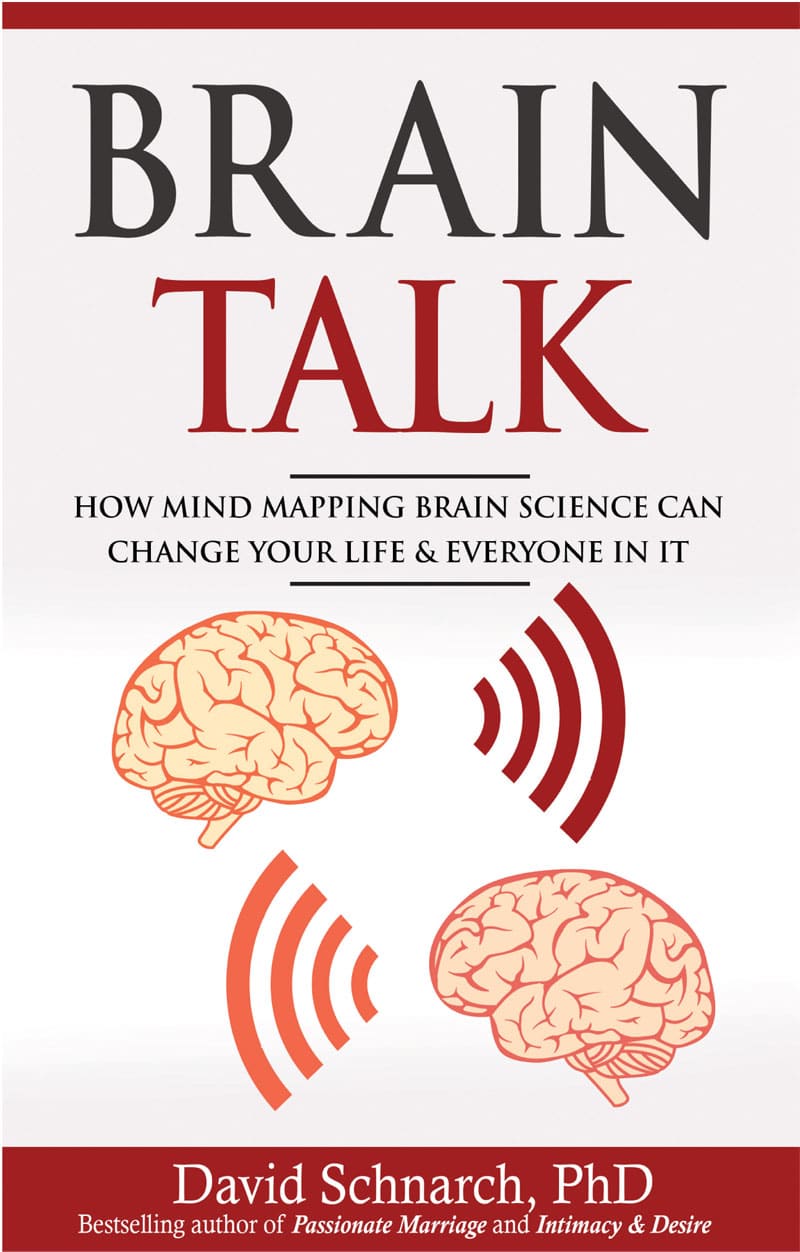From the outset, Brain Talk was designed to be a “crossover book” for psychotherapists, teachers, researchers, and graduate students. All eBook and paperback versions of Brain Talk have four Appendices containing the scientific research and documentation they require.
The standard eBook version of Brain Talk allows readers to jump back and forth between the main text and the underlying research in the Appendices. All 400 entries in the reference section are hyperlinked to their appropriate citation in the main text. The hyperlinked textbook-type Index, organized around technical aspects of Crucible® Neurobiological Therapy, offers ready access to the brain science and therapy details reported within.
If you’re a mental health professional or academic, you can read Brain Talk from back to front, starting with the Appendices. The extensive Index is your table of contents (also hyperlinked in the ebook version). It offers a completely different topical organization, and ready access to the brain science and therapy details reported within. Accessing material through the Index, Brain Talk looks like a completely different book, organized around the technical aspects of Crucible® Neurobiological Therapy.
Appendices Table of Contents
Appendix A: Mind Mapping329
Parts of the brain involved in mind mapping330
How the brain tracks whose mind you’re mapping331
Ventral and dorsal attentional systems332
Differential routing through the brain332
Mapping out thoughts versus feelings333
Mapping emotions and feelings333
Mapping thoughts and knowledge333
Neurochemistry of mind mapping334
Disorders impacting mind–mapping ability336
Psychopaths’ mind–mapping ability338
Appendix B: Traumatic Mind Mapping340
How traumatic mind mapping fits with PTSD343
DESNOS symptoms344
Traumatic mind mapping and PTSD diagnostic criteria346
Beyond DSM and DESNOS347
Varieties of interpersonal neurobiological problems349
Mind mapping impairments349
Non–psychotic thinking disorders349
Non–psychotic emotional regulation disorders350
Disgust reaction impairments351
Additional impairments351
Impacts of traumatic mind mapping on the body354
Trauma and the central nervous system355
Trauma and the autonomic nervous system358
Appendix C: Antisocial Empathy361
How the brain creates empathy362
Neuroanatomical basis of antisocial empathy365
Schadenfreude!366
Cognitive and emotional empathy: A brain–based perspective370
Machiavellianism, Narcissism, Sociopathy and Sadism374
“Gaslighting”379
Incredible things we can learn from disgust382
Anterior insula and disgust383
Anterior insula and anterior cingulate cortex387
Appendix D: Creating Neuroplasticity391
Typical PTSD treatment392
Considerations for more effective therapy394
Insight is not enough395
Focus on inner experience396
Synchronize implicit and explicit memory397
Exploit the IFO (anterior insula)400
Methods of Crucible Neurobiological Therapy403
Visualization and revisualization403
Written dialogs407
Conjoint neuroplastic activities410
Modify current relationship with antagonist413
Increase clients’ differentiation414
Role of the therapist in CNT415
In–session psychophysiological monitoring418
Heart rate variability biofeedback419
Moderate arousal and “safe emergencies”421
Window of tolerance423
Posttraumatic growth425
About the Author428
References429
End Notes 461
« Brain Talk – Table of Contents Brain Talk – Professional Edition »




